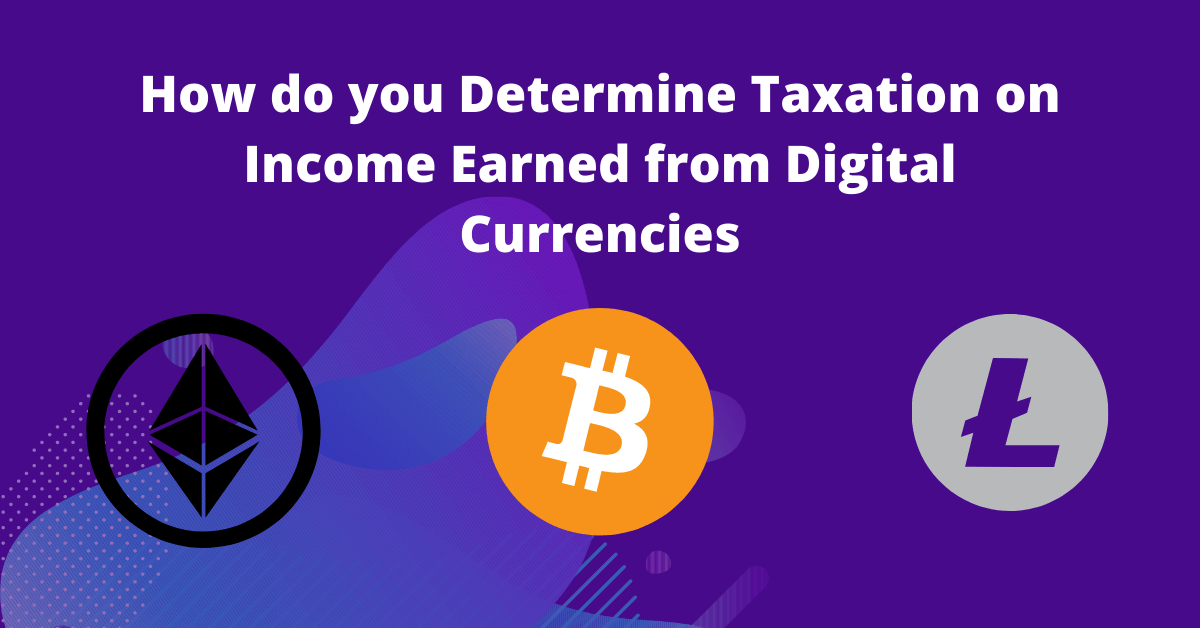The announcement of a flat 30% tax rate on income from the transfer of virtual digital assets (VDAs) which includes cryptocurrencies as well as NFTs in the Budget of 2022 was arousing acclaim from the crypto enthusiasts in India. While it is true that the VDA tax rates are very high the crypto community is happy by the fact that cryptocurrency has gained some respect by having a mention in the official Budget document that outlines taxation purposes. But Finance Minister Nirmala S. Sitharaman has stated that the imposition of tax on earnings from VDAs that include crypto does not mean that they have been declared to be legal. Although much clarity regarding how to legalize Crypto will be provided by the legislation that will be introduced to regulate the virtual assets many cryptocurrency investors remain confused regarding what their tax obligations are. If you’re also uncertain about taxation for the crypto you can read this article to get the answers.
Budget 2022 is expected the introduction of an entirely new Section 115BBH that will be used for taxation of those who earn the income earned from transfers of VDAs. “The proposed section 115BBH seeks to provide that where the total income of an assessee includes any income from transfer of any virtual digital asset, the income tax payable shall be the aggregate of the amount of income-tax calculated on the income of transfer of any virtual digital asset at the rate of 30% and the amount of income-tax with which the assessee would have been chargeable had the total income of the assessee been reduced by the aggregate of the income from transfer of a virtual digital asset,” Budget 2022 Memorandum stated.
According to the Budget Memorandum, the total tax liability for an individual who invests in crypto or other VDAs will be the total of income derived from the transactions or transfers of these assets as well as the taxes he would have paid irrespective of cryptocurrency income, Balwant Jain, Tax and Investment expert, said.
“Flat 30 per cent tax rate will apply to the profit earned from the transfer or sale of digital assets, including NFTs and crypto starting next year’s financial year (FY 2022-23). Investors must also bear in mind that losses incurred from crypto aren’t able to be offset or carried forward,” Jain told FE Online.
In addition to the above assertion, SR Patnaik, Partner & Head of Taxation Cyril Amarchand Mangaldas, said, “It means that if any taxpayer has earned any kind of income through an exchange of digital asset, that earnings will be taxed at a rate of 30 per cent. When calculating the earnings of this type, all other revenue earned by the taxpayer from other sources of income will be deducted. This source of income cannot be combined with an alternative source of income. If the net income generated from it is considered to be positive the amount is subject to tax at a rate of 30%.”
“The statement is implying that an additional tax-deductible income source was recognized and is income that results from the transfer of an electronic digital asset (VDA). For instance, the tax-free earned income for an assessee amounts to the sum of Rs. 1,00,000, out of which the amount of Rs. 20,000 comes from the VDA transfer of Rs. 6,600 will be an amount of tax for income on this (@30 %) as well as the remaining Rs. 80,00 will be subject to the applicable slab rate, based on what source the revenue comes from” Rishi Anand, Partner, DSK Legal said.
When do you need to pay tax at 30% on the income you earn generated by cryptocurrency or NFT?
As per the Budget document, The Budget document states that a tax of 30% on crypto and other VDAs will be in effect starting the Assessment Year 2023-24. This means that all profits from cryptocurrency transactions in FY 2022 to 2023 will be taxed at the rate of 30%.
Investors are able to pay tax on earnings from cryptos and NFTs up to the year 2021-22, as under the current taxation rules Jain said. Jain.
Tax calculation
Do you be required to pay taxes on both the gains and losses in cryptocurrency?
Losses that result from the transfer of crypto assets can’t be offset against other income sources and is not possible to carry forward. “However, the loss arising from transfer of crypto assets can be set off against gain arising from the transfer of crypto assets in the same financial year,” Dr Suresh Surana, the Founder of RSM India, said.
In a case study of an example, Dr Surana stated: “For instance, a person earns a salary from Rs.20 lakh, a gain from selling Bitcoin of 5 lakh, and loss on the sale of Ethereum of Rs . 2 lakh. The individual can offset the loss as well as the net gain on the trading of cryptocurrency assets (both Bitcoin and Ethereum) of up to Rs. 3 lakh. This would be taxed at 30 % plus an applicable additional surcharge (nil in this scenario) plus cess (1.2 per cent versus 40% of 30% tax) giving the tax-effective rate being 31.2 per cent. The salary of Rs.20 lakh would be taxed at the standard tax slabs, which range between 5% and 30 per cent (plus the surcharge as well as cess) and will also be contingent on whether the assessee selected the tax regime provided by section 115BAC the IT Act or the pre-existing tax slabs.”
Prof. Ankur Sinha, Associate Professor, Production and Quantitative Methods in IIM Ahmedabad said that only gains will be taxed, the loss will not be taxed.
“However any loss suffered due to investments in this class of assets can’t be offset against earnings from another source. Also that if you suffer losses of (X) due to crypto investments and make you earn Y elsewhere, you can’t claim you have to pay taxes on the X-X. In contrast when you make an X-X profit from crypto investments, and you earn Y in other places, you’ll be required to pay taxes on both X and Y.”Prof Sinha said.
Do you need to be paying more than % tax on cryptocurrency income?
While more clarity is required from the government regarding this issue experts’ opinions differ on whether crypto investors will have to pay 30% tax or more than the amount because of suction.
The tax that is charged on earnings from the transfer of cryptocurrency, NFTs or other digital assets could be higher than 30% since the flat rate does not take account of the applicable surcharge and cess.
As can be seen in the previous example, the effective tax on the income from crypto transactions can be greater than 30%.
“The taxation on gains that result on crypto-assets is 30 % plus surcharge and. Surcharges are applicable at the rates of 10 %, 15 25% 25, and 37 % of the tax amount according to the income tax rate and the cess rate is based on 4 % of taxes and the surcharge. Therefore, the benefits from the sale of crypto assets could be taxed effectively at a rate of 31.2 %, 34.32%, 35.88 39%, 35.88 %, and 42.744 %ages based on the tax-deductible income of individuals or HUFs,” Dr Surana said.
But, Patnaik thinks that the actual tax due on the income generated by crypto will not exceed 30 %.
“For instance, let’s say Mr X invests US100,000 dollars in cryptocurrency and acquires 10,000 units. He decides to dispose of the units in five tranches of 2 units each. He receives US$15,000, US$ 25,000, US$ 40,000, US$ 75,000 and US$5,000 only. So, for the investment amount of US100,000 dollars, Mr X ultimately received US$160,000. Thus, he would be required to pay tax at 30 % of the net earnings which is US$ 60,000, which would be US18,000 (i.e. 30 % on US$60,000). This amount will be credited to the rest of his income, and he’ll have to be taxed on his entire income in accordance with the appropriate surcharge and education tax,” Patnaik said.
Do you have to pay tax on the income generated by cryptos and NFT airdrops?
Not just crypto-investors and those who received crypto tokens that were airdropped or NFTs as gifts may also be taxed according to Sharat Chandra, the VP of Research and Strategy, EarthID, an autonomous Identity Management Platform.
“The memo on the finance bill explicitly declares that no deductions in respect of any expense (other than the acquisition cost of digital assets) or compensation or set-off of any loss are granted to the assessee in accordance with any provisions of the Act in computing the earnings resulting from the transfer of virtual assets. Crypto investors cannot claim any loss from the transfer of digital assets. Any losses will not be able to be carried forward into future assessment years. The excesses are taxed, and losses can’t be used to offset profits. People who receive tokens from Airdrop as gifts will be required to also pay taxes,” Chandra said.
Do you need to pay tax on holding cryptocurrency?
You’ll be required to pay tax only if you make money from transactions exchange, transfer or crypto or other digital assets. There is no tax to be paid when you hold crypto, as per crypto experts.


